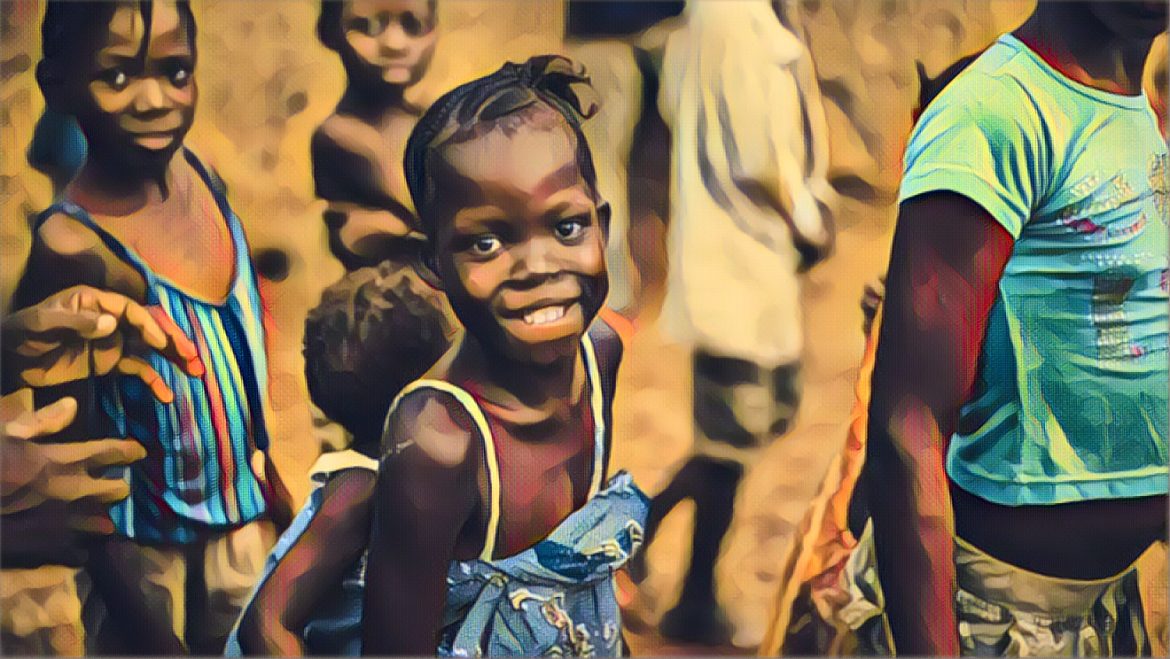The alarming trend of human trafficking out of Nigeria into Italy and other destinations has drawn the spotlight onto the desperate circumstances driving families to sell their own for as low as N30,000 (about $20). Cocreate Humanitarian Aid, a leading humanitarian organization, voiced this distressing revelation during the Sustainable Reintegration for Victims of Trafficking in Human Beings (SuReViTH) Stakeholders Roundtable Meeting held at Eko Hotel and Suites, Victoria Island, Lagos.
This critical gathering, which brought together government officials, non-governmental organizations (NGOs), and other stakeholders, aimed to dissect the complexities surrounding the reintegration of victims of Trafficking in Human Beings (THB) back into Nigerian society. The event underscored a grim reality: many victims, upon escape, find themselves in governmental or NGO shelters with limited support, while others are left to fend for themselves.
The scarcity of resources, both financial and otherwise, for providing long-term care and support essential for victims’ sustainable reintegration into Nigerian society was a focal point of discussion. The roundtable sought to unravel what effective reintegration entails, explore ways to mitigate the risks of re-exploitation, and identify the key players in the fight against human trafficking.
According to a report by The Guardian, Dr Sarah Adeyinka, Founder of Cocreate Humanitarian Aid, shared her astonishment at the scale of the issue, highlighting the involvement of close family members in trafficking networks. “The involvement of fathers, mothers, aunties, friends, cousins, and uncles… sometimes for as little as N30,000, was shocking,” she stated. Adeyinka’s ongoing research and interaction with hundreds of victims in Italy, Nigeria, and Belgium have illuminated the dire need for comprehensive support for these individuals, many of whom embarked on perilous journeys hoping to secure better futures for themselves and their families.
The meeting also addressed the significant challenges in reintegrating trafficking victims, including the need for mental health support, financial assistance, and overcoming societal stigma. The involvement of the wider community in devising solutions was emphasized as critical.
Lagos State Commissioner for Youth and Social Development, Mobolaji Ogunlende, reflected on the discussions, acknowledging the need for increased collaboration and advocacy to inspire hope among Nigerian youths. He shared insights into the Lagos State government’s efforts to combat human trafficking and support victims, including the operation of a rehabilitation centre in Majidun, Lagos, which currently houses significantly more individuals than its intended capacity.
The session concluded with a consensus on the urgent need for a multifaceted approach to tackle the issue of human trafficking in Nigeria. Proposals included enhancing advocacy efforts, integrating anti-trafficking education into school curricula, and establishing dedicated support services for victims. Stakeholders left with a renewed commitment to collaborate in addressing the humanitarian crisis, recognizing that while the challenges are daunting, collective action can pave the way for meaningful change.


